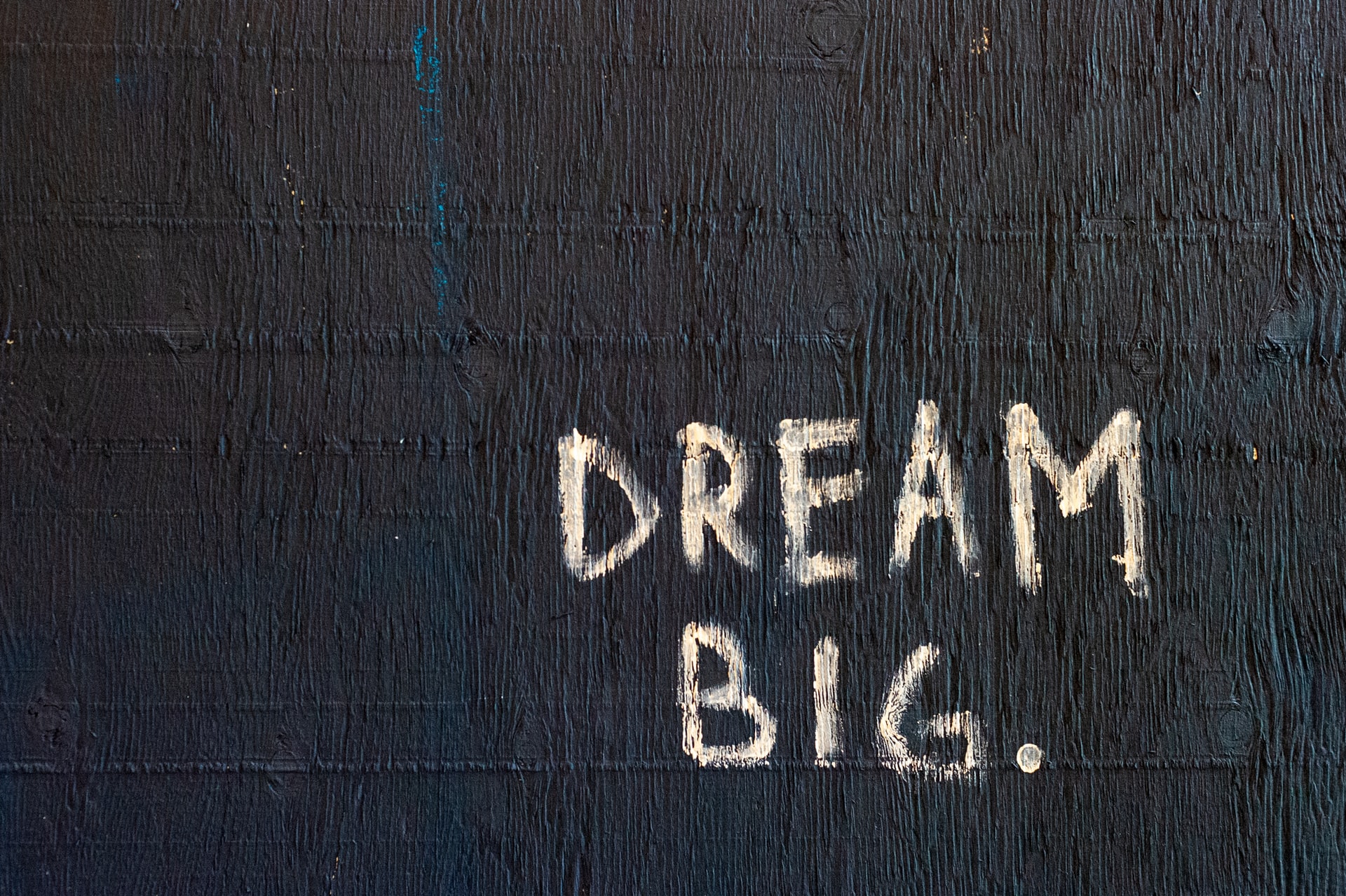
Books have a way to transport the reader to another place. This has been especially helpful in the first half of 2020. Quarantine days can be long and taxing, but a great book creates a mental vacation when an actual vacation may be out of reach.
Like almost every other man in America, I watched the Last Dance docuseries about Michael Jordan, his basketball career and the Bulls last championship run of the 90’s. I grew up a fan of Chicago sports, mainly because of WGN, which back when I was a kid, was one of the only non-local channels available. This meant I saw many of Harry Caray’s baseball commentaries and watched lots of Bulls basketball in the Jordan era. One person I knew next to nothing about was Jordan’s coach, Phil Jackson. I was so fascinated with his story in the Last Dance, I ordered and read his book, Eleven Rings: The Soul of Success, immediately after the docuseries came to a conclusion.
Phil Jackson grew up in Montana. Both of his parents were Assembly of God ministers, yet he also spent considerable time with Lakota Native Americans. A very spiritual person, he later became interested in Buddhism and psychology, passions he carried into his basketball playing and coaching careers.
Jackson is a champion. He won an NBA title as a player and 11 more as a coach, winning 70% of his games during his coaching career. In the world of sport, Phil Jackson is referred to as the “Zen Master,” through his integration of meditation, Buddhism, Christianity and Native American rituals with coaching techniques like the triangle offense. According to Jackson, to create a strong team, one must be able to overcome individual egos and have the people involved working together for a singular purpose or goal. One way he did this was through group meditation with his coaches and team. Life is about belonging and meaning, and in sport, these concepts are married together beautifully. A group of players are aligned to win championships –meaning and belonging. Jackson had this to say about his process:
Though mindfulness meditation has its roots in Buddhism, it’s an easily accessible technique for quieting the restless mind and focusing attention on whatever is happening in the present moment. This is extremely useful for basketball players, who often have to make split-second decisions under enormous pressure. I discovered that when I had the players sit in silence, breathing together in sync, it helped align them on a nonverbal level far more effectively than words. One breath equals one mind.
Phil Jackson- Eleven Rings
Another book I listened to over several recently long car rides is Dream Big: Know What You Want, Why You Want It, and What You’re Going to Do About It by Bob Goff. Rachel and I got to spend time with Bob back in 2012 when we were doing fundraising for 200 Million Flowers. Bob is a former attorney and NY Times best-selling author who now spends his time writing, speaking and running his non-profit, Love Does. Like Phil Jackson, Bob is a spiritual guy, but whereas Jackson taught his players to be in the moment, Bob’s philosophy, at least as expressed in Dream Big, is more about love in action and asking and answering the big, future driven questions of life. Those big questions identified by Bob are (1) Who Are You? (2) Where Are You? (3) What Do You Want? (4) Why Do You Want It? and (5) What Are You Going to Do About It?
As I often do, I started thinking about analogies for my clients when reading these two books. The meditation part is easy. Anyone, especially a person walking through divorce, could benefit from 20 minutes of mindfulness in the morning and 20 minutes in the afternoon –clearing one’s thoughts and focusing purely on one’s breath. There are many great apps like Calm, Headspace and the one I use, InsightTimer, to assist newbie meditators like me. Christian’s sometimes call meditation contemplative prayer –I think I like that term better. As a future oriented individual, I need reminders about staying in the moment and being present. You may be familiar with the southern saying, “Be where your feet are.” This is increasingly difficult in our digital world, but certainly words of wisdom. As a 20-year veteran divorce attorney, I have found that clichés are repeated for a reason. They are true.
I also liked Jackson’s use of ritual. One example is what he did with his team at the end of the 1998 season. He invited each player to write on a piece of paper what the team meant to them. He then put all the notes in a coffee can and burned them, as a ceremony to put things to rest. A great player and coach himself, Steve Kerr had this to say about the ritual experience:
“The lights were out and there was this glow in the room,” Kerr said. “And it was like, ‘All those memories that you guys just talked about, they’re ours and nobody else is gonna see.’ He didn’t say that, but it was the metaphor. This is ours and they’re gone and they’ll forever live within us and nobody else will ever see ‘em.’
Steve Kerr
I think I should start recommending after every divorce through which I help a person journey, that we write down on the back of the divorce decree all the joys and sadness of the marriage lost. Then we ignite a match, put it to the document and watch as it burns – a cleansing experience to prepare them for whatever is next. It always saddens me when people given a fresh start waste it by carrying forward all the hurt associated with divorce. Post-divorce bitterness is worse than the divorce process itself.
As to the big questions identified by Bob, they read somewhat like a divorce attorney’s intake sheet:
Who Are You? Obviously, this question entails baseball-card-type stats, but the deeper question surrounds life motivation and even still, the essence of being within each of us.
Where Are You? This is not a geography question. Answer: I am in a bad marriage. Answer: I am in a job I hate. Answer: I have been betrayed. Answer: I am bored.
What Do You Want? We have been pretty good at asking our clients this question directly. You cannot obtain that which you cannot identify. Sometimes the answer is clear – “I want to be divorced” or “I want to stay married.” Sometimes the answer is more general “I want peace” or “I want to feel safe.”
Why Do You Want It? In my opinion, the reason someone wants something is always specific to their personality. For example, I personally want freedom, opportunities for creativity and adventure. The reason I want these things is because they make me feel most alive and happy. I want a good marriage because I honor and respect my wife and children, and I want them to be healthy, happy and content as well, and I want them to be able to answer the big questions for themselves.
What Are You Going to Do About It? This is where people get stuck. If a person knew what to do about their articulated big dreams, they would already be on the path to accomplish them. This underscores the need for wise counsel, and this is why we have initial consultations with people, to help resource them and sometimes journey alongside them to take steps toward accomplishing those things they have identified as important.
If you are struggling with life’s big questions, or you know what you want and you think we can help, the R+E team would be honored to stand by you as we ignite the hurts, hang ups and habits of your past, watching together as they turn to ashes, cleansing you for the beautiful life you were meant to live.
Craig Robertson is the founder of Robertson + Easterling. For over 20 years, he has practiced exclusively high net worth divorce and complicated family law in Mississippi. Over the course of his career he has worked with multiple nationally and internationally known high profile individuals. You will want him in your corner because he believes every case is his most important, and he knows the things you care about deeply are at stake –family, safety, and security. He is strategic, collaborative, creative and extremely competitive. He will direct you to journey the path of health and wholeness despite your circumstances.





